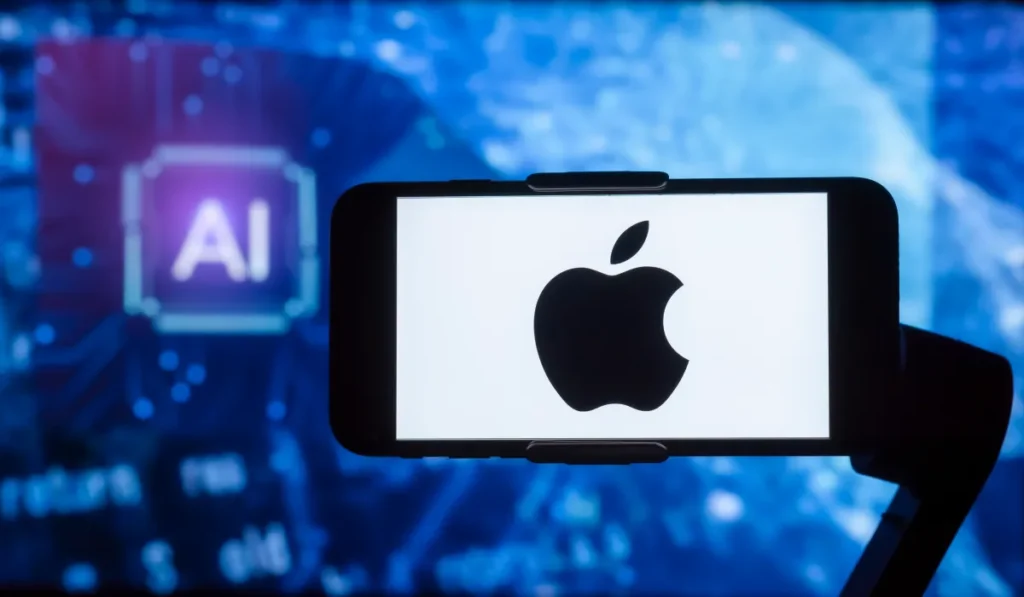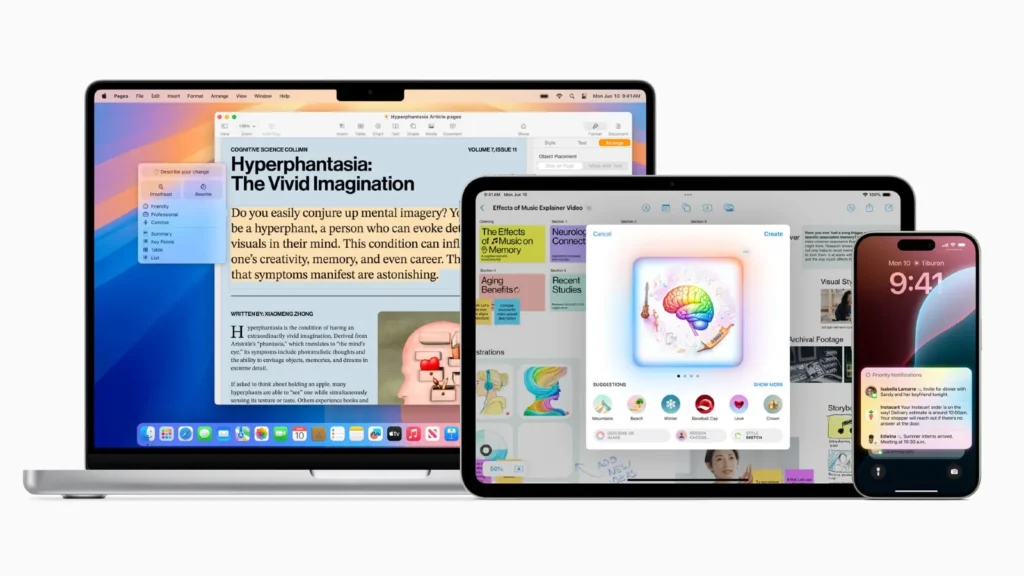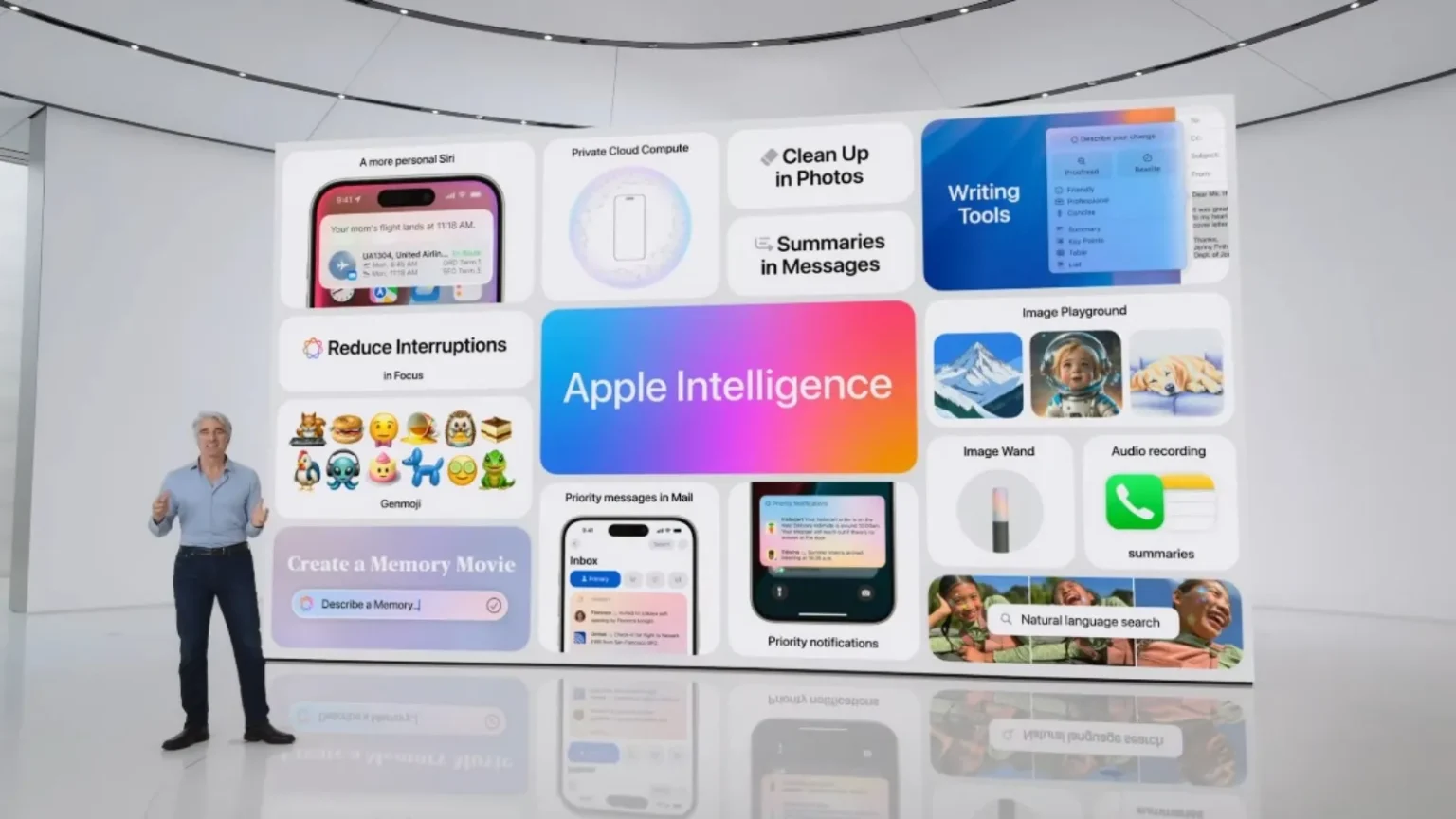Apple’s decision to take its time in jumping on the AI train was a smart one. Apple Intelligence or Cupertino’s version of AI uses the ‘late-mover advantage’ to its fullest. It fixes a number of issues in the first on-device implementation. Apple Intelligence is Personal Intelligence according to the tech giant, which means that its version has an additional layer of context, something lacking in GenAI.

The so-called Apple intelligence is built into the new operating systems for iPhone, iPad, and Mac. It will allow users to take GenAI assistance in apps and in other aspects of OS, such as Siri. Apple is known for its privacy-consciousness. Some tasks will be performed on the device, while others will use the “Private Cloud Compute”, which runs on dedicated Apple silicon server. Apple devices will offer ChatGPT natively, but without requiring users to reveal their identity or save any logs of their queries.
Apple Intelligence: What makes it different?
Apple now offers the capability for devices to prioritise mail and alerts based on context. They can also summarise these emails in the preview itself focusing on action points. Apple has now added the ability for devices to prioritize mail and alerts based on context. They can also summarise emails within the preview, focusing on key action points.
GenAI will also take on-device search to an entirely new level, giving users the ability to search using specific queries such as the colour of the dress in a picture. They will be able, for instance, to find and search data inside images and enter it directly into a form.
Siri is benefiting from the AI push.
Apple has redesigned Siri from the ground up. Siri is the first intelligent assistant to be used in the mass market. Siri can now also understand text input and remembers the context of a conversation. Siri is the master of the device and can answer any question. It can help with many things and remembers the context in which the app is being used.
Apple Intelligence is more secure than other software?
Apple claims that the majority of queries will be answered by devices powered by Apple silicon. When it is necessary to use additional servers for processing power, Apple will use Private Cloud Compute on servers powered with Apple silicon. Apple won’t have any access to data in this case.

Apple claims that OpenAI won’t be able to log or see the user names for the system-wide ChatGPT Integration. ChatGPT users who pay for the service will be able connect their accounts to the device, and receive the full benefits of their membership. Since this is an integration of OpenAI’s model across the entire system, questions are being raised about what this external company can see.



